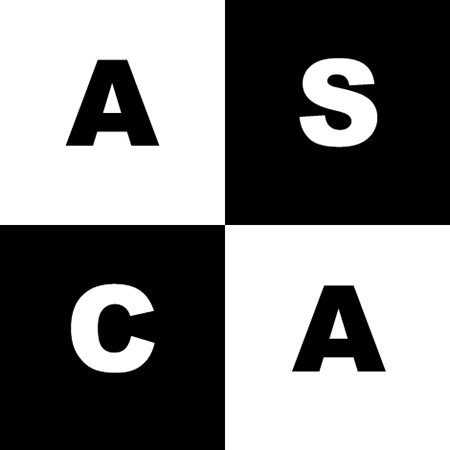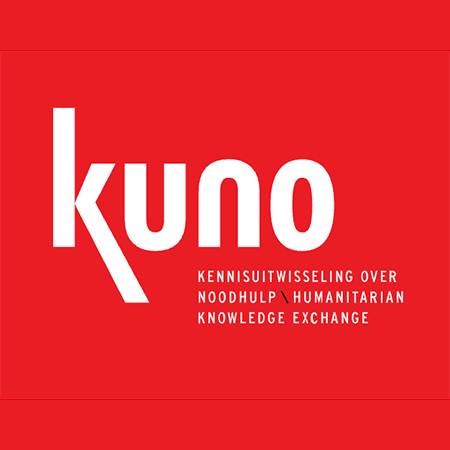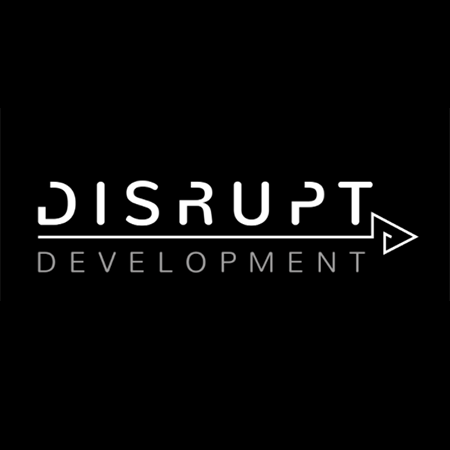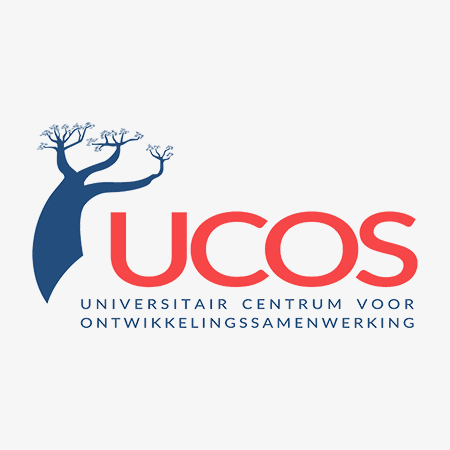
About
The Expertise Centre Humanitarian Communication (HuCom) is a non-profit organization committed to better communication on international solidarity. We consider representation and discourse as integral to the production of the Global South and see the communication on (the needs of) so-called ‘developing’ nations and peoples by government, industry, NGOs and the media in the Global North as part of the problem of (the failure of) international cooperation and humanitarian aid and worldwide issues of poverty, inequality and injustice. In other words, we do not consider humanitarian communication as a means to an end, but as part and parcel of the end itself.
We aim to contribute to an environment in which all players in the international cooperation and humanitarian aid sectors can and will dare to learn more from each other, so that we can work more effectively and ethically towards a world without poverty, inequality and injustice that we all aspire to. On this website you can read how we try to make a contribution. Most visibly, we organize awareness events, notably the Humanitarian Communication Awards and the Humanitarian Communication Thesis Prize, and provide international cooperation and humanitarian aid organizations with advice on how to do their humanitarian communication (strategies) better. In addition, we organize, host and/or participate in various workshops and other events throughout the year.
Why is the Expertise Centre Humanitarian Communication needed?
Better communication on so-called ‘developing countries’ in the Global South and an open discussion on international cooperation and humanitarian aid are needed because the average citizen in the Netherlands (and the rest of the Global North) is too often confronted with a one-sided and stereotypical image of Global South countries and their inhabitants. Our centre helps international cooperation and humanitarian aid organizations (as well as news media) to avoid such unbalanced and ultimately harmful imaging. In addition, there is a lot of uncertainty among the general public about what INGOs are and do. Too many discussions are based on a lack of historical awareness and current information. Our Expertise Centre Humanitarian Communication is therefore committed to an open and nuanced debate in which there is room for context and that is fed with facts and personal stories from different angles.
Download our Guiding Principles here in Dutch and here in English. And download our Incusive Language Glossary here in Dutch and here in English.
Read here our Future Briefs on the history, representation and production of humanitarian communication, written in collaboration with Partos’ Community of Practice on Inclusive Communication (2022-2023).
Our Mission, Statutes & Affiliations
The Expertise Centre Humanitarian Communication (HuCom) is an independent and self-funded Dutch non-profit organization, run entirely by volunteers. Our official mission statement (‘doelstelling’) is outlined in our statutes (‘statuten’), here available in Dutch. For access to our annual accounts, please email our treasurer at [email protected]. An overview of all our activities can be found under Advice and Events.
HuCom is affiliated with the Amsterdam School of Cultural Analysis (ASCA) of the University of Amsterdam. In addition, we are official partners of KUNO, the Platform for Humanitarian Knowledge Exchange, Disrupt Development, world’s first post-growth innovation academy in global development, and UCOS, the University Centre for Development Cooperation.
Our Organization
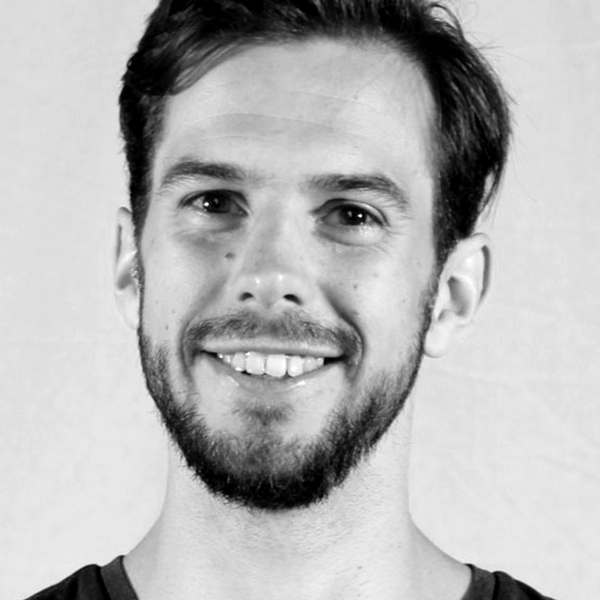
Wouter Oomen
Managing Director
Wouter Oomen is a Lecturer in Media Studies at Utrecht University, where he obtained his PhD in the field of humanitarian communication in 2023. Previously, Wouter obtained his master’s degree and worked as a Lecturer at the Department of Media Studies of the University of Amsterdam. In the past few years, Wouter took an active role in the PhD communities of the RMeS and UGlobe and went to study at the London School of Economics as a visiting PhD. As one of the Managing Directors of our expertise centre, Wouter aims to broaden discussions about what ethical communication on development cooperation actually means, and he does so through education, research, advice and advocacy.
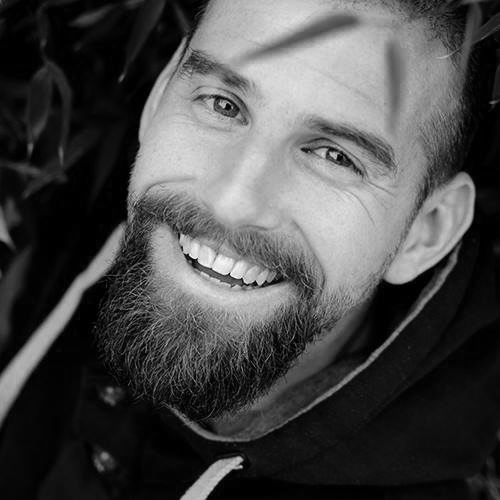
Emiel Martens
Managing Director
Emiel Martens is a film scholar-practitioner with a background in both Media Studies and Development Studies. His research interests cover the fields of Postcolonial Studies, Popular Geopolitics, Creative Industries, Film Tourism, and Humanitarian Communication, with a specific focus on Caribbean film and visual culture. He currently serve as an Assistant Professor in Postcolonial Film Studies at the University of Amsterdam and is one of the Founding Directors of the Erasmus Knowledge Centre for Film, Heritage, and Tourism (FIHETO). Besides his academic work, he is also, among other things, the Founding Director of Caribbean Creativity and the producer of impact films such as Welcome to the Smiling Coast and Gifts from Babylon.
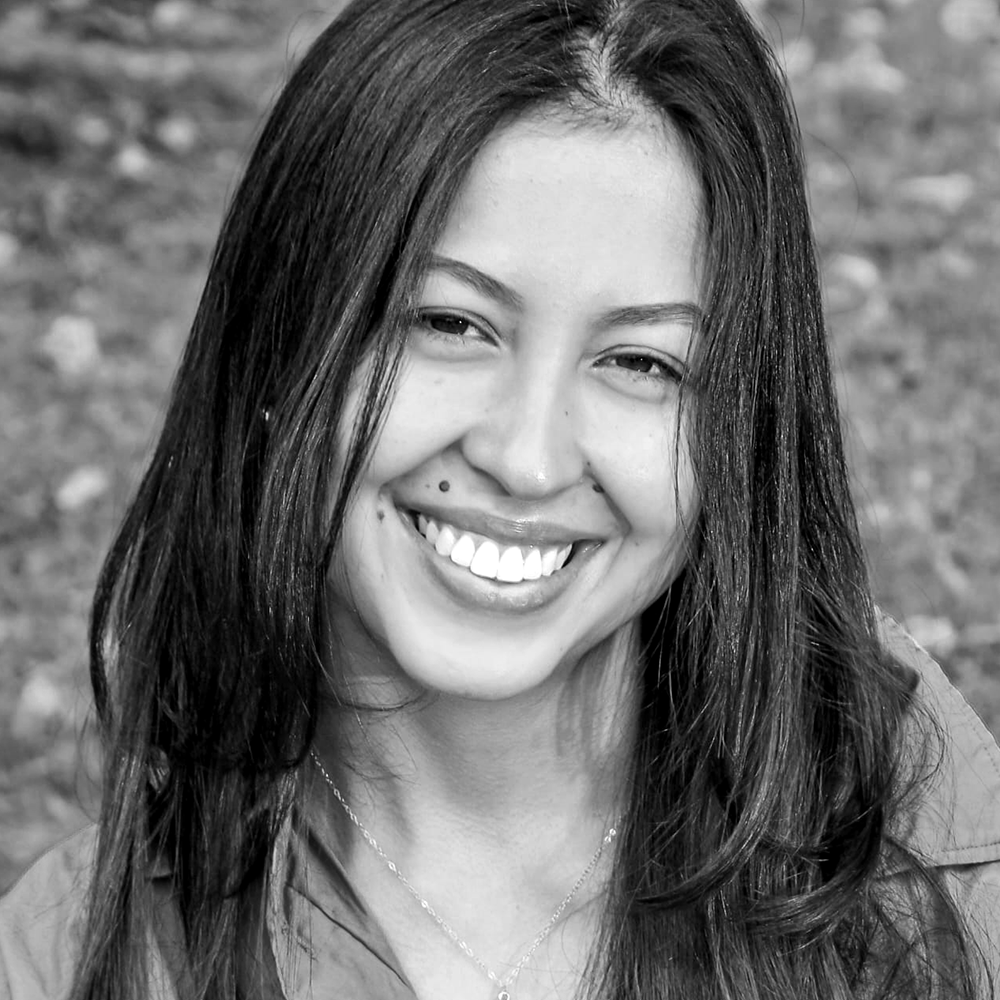
Juliana Garzon Beltran
Intern
Juliana Garzon Beltran, originally from Colombia, is currently studying Social Sciences and Political Science at the University of Cologne, Germany. She is driven by the stories that shape our world: from international politics to everyday voices captured through journalism, writing, and photography. Her goal is to bridge her cultural background with her academic journey by working in international cooperation, humanitarian communication, or global journalism. During her internship at the Expertise Centre Humanitarian Communication, she is eager to learn more about the power of humanitarian communication, to contribute to meaningful dialogue, and to explore the impact it can create.
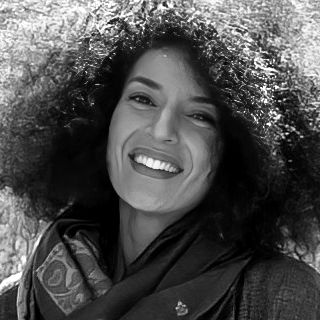
Malika Ouacha
Board Member (Chair)
Malika Ouacha holds a PhD in Business and Management and is a lecturer and researcher at the Rotterdam School of Management, Erasmus University in the Netherlands. Her academic expertise is on diaspora and bi-cultural philanthropy and non-profit organizations. As a cultural anthropologist, she is appointed at the department of Business-Society Management and teaches several courses such as Professional Development, Diaspora identity, Diaspora Nonprofit in International Development, and Decolonizing Philanthropy through Diaspora Engagement. Beyond academia, and apart from being our Chair, she also serves on the boards of the World Opera Lab Netherlands and the Yep Africa Foundation.
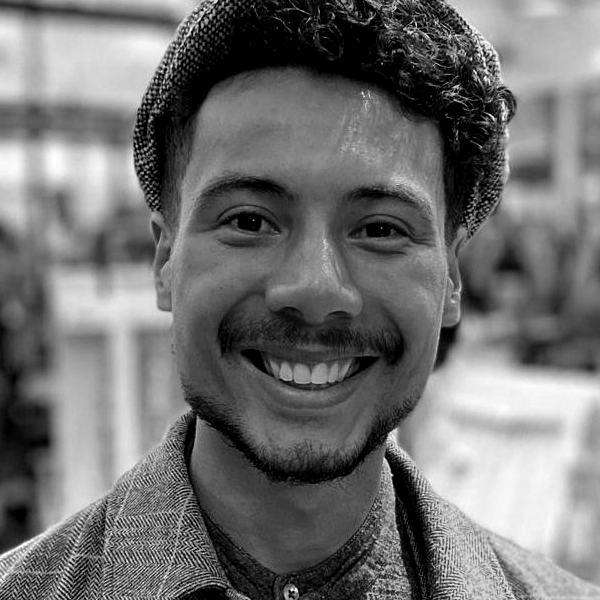
Gigi Pasco Ong-Alok
Board Member (Secretary)
Gigi Pasco Ong-Alok is a critical insider in the field of international cooperation with a background in Conflict Studies and Human Rights. He currently works as an Innovation Facilitator for Partos. Previously, he worked with grassroot initiatives in Rio de Janeiro and Nairobi, facilitated diversity and inclusion workshops in higher education, coordinated the innovation agenda on LGBTI+ advocacy at COC and worked on strengthening global civil society networks at Oxfam Novib. Beyond of ‘doing things good’, his inspiration to work in this sector is based on co-creating spaces for indigenous and minority voices to thrive and dismantling colonial perceptions, representations and practices in international cooperation.
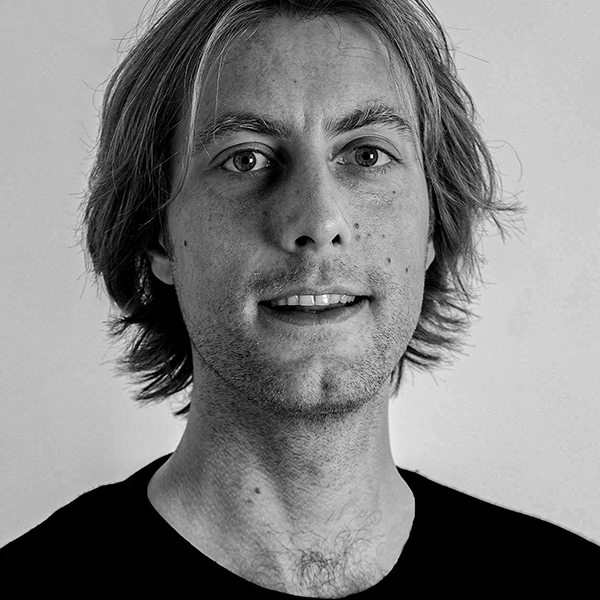
Steyn Hoogakker
Board Member (Treasurer)
Having worked and lived extensively in various contexts in the Global South, Steyn Hoogakker began to develop a keen interest for documentary photography as a means to provoke a wider and more nuanced discussion around (mis)representation and foster dialogue and action around social and environmental injustices. He is the co-founder of iMPACT JOURNEY and iMPACT DOC, an audiovisual platform and interdisciplinary non-profit space (now online) for documentary visual makers respectively. They host masterclasses and screenings and co-curated various exhibitions. In 2020 Steyn moved to the UK to combine his practice with a PhD research in Human Geography at Loughborough University in Leicestershire.
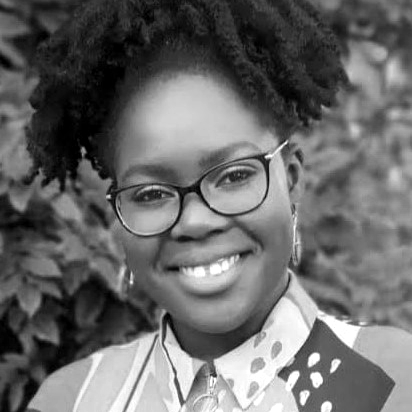
Cynthia Kpozuxe
Board Member
Cynthia Kpozuxe has a background in both International Business and Languages (HZ University of Applied Sciences) and International Relations and Diplomacy (University of Antwerp). For her latter studies she wrote a thesis on diplomatic relations from a critical postcolonial perspective. At present Cynthia is working as a Business Advisor and Community Manager for the Foundation Rural Energy Services (FRES). Well aware of the issues around humanitarian communication and the need for a critical yet constructive approach towards it, she has joined both our Supervisory Board and Advisory Team (see below), in order to contribute to improving and enhancing communication on international development.
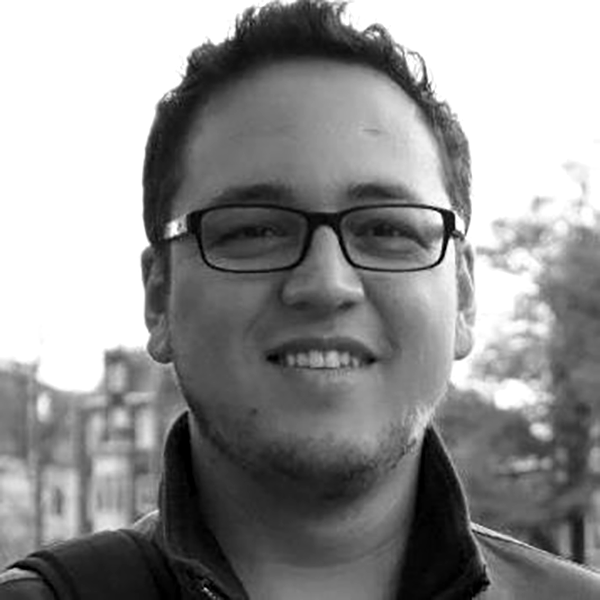
Gabriel Ramirez Acevedo
Board Member
In his daily life Gabriel Ramirez Acevedo is working as Functional Manager at the University of Amsterdam. He holds a Bachelor in International Relations and a Master in International Development Studies. He has previously worked as a consultant for social and environmental projects in Colombia, as director of a non-profit organization aiming to safeguard gastronomic traditions in Colombia, and at an environmental NGO in the US. After being a nominee in the Humanitarian Communication Thesis Prize 2018, he wanted to continue exploring issues of power and representation in international development, and this is why he wanted to become a board member of our expertise centre.
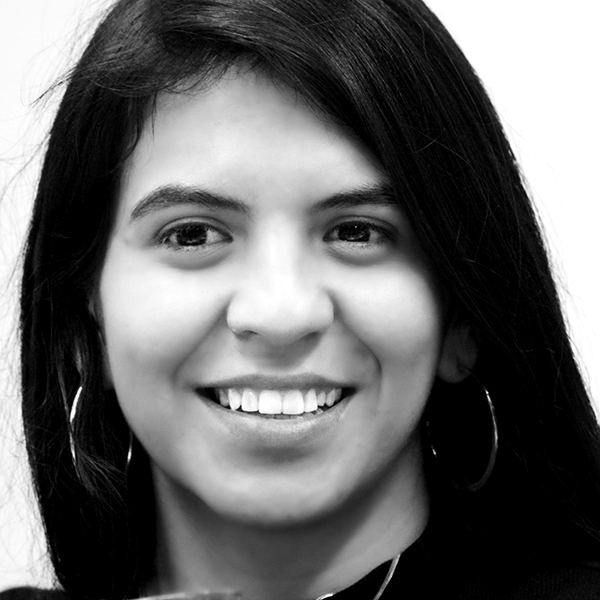
Miriam Ocadiz
Board Member
Miriam Ocadiz is a PhD candidate at the Vrije Universiteit Amsterdam. She is part of the project Engaged Scholarship Narratives of Change, where she focuses on the role of academia in contributing to the societal inclusion of refugees in South Africa. She has a bachelor in Hispanic Literature and Language (UNAM, Mexico) as well as International Studies (Leiden University, NL), and obtained a master in African Studies at the African Studies Center Leiden with a thesis on the Cuban medical cooperation in Mozambique and the embodiment of solidarity. As a board member Mimi aims to raise awareness around power imbalances in ID and support a more critical perspective on humanitarian communication.
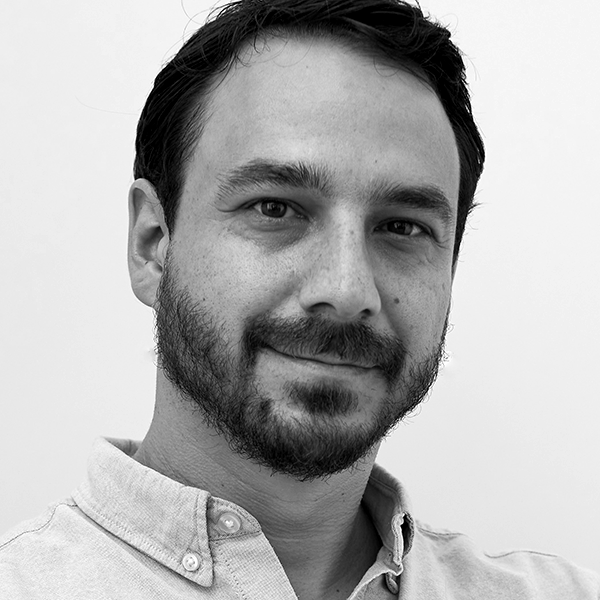
Rodrigo Mena
Board Member
Rodrigo Mena is a researcher, lecturer, and consultant. He currently works as Assistant Professor at the International Institute of Social Studies of Erasmus University Rotterdam, focusing on humanitarian responses and risk reduction to disasters and their interaction with other crises. Mena also serves as a board member of the International Humanitarian Studies Association (IHSA) and has led humanitarian aid groups and conducted research in disasters and conflict-affected places such as Afghanistan, Bangladesh, Chile, Sierra Leone, and South Sudan. Before his current positions, he worked with (I)NGOs, the UN, ministries, and multiple universities and research centres.
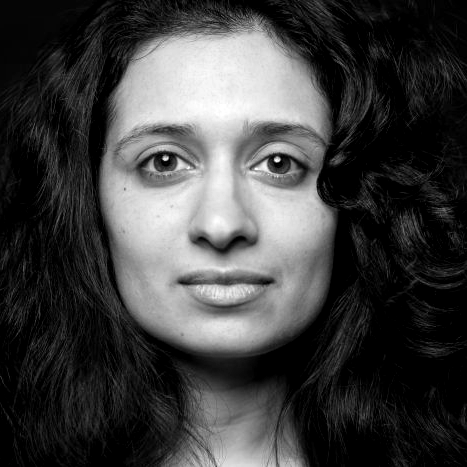
Anika Altaf
Board Member (Chair)
Anika Altaf has over a decade of experience in the field of international development with a strong focus on sub-Saharan Africa and South-Asia. She is trained as a human geographer and holds a PhD in International Development Studies from the University of Amsterdam. Her area of expertise is inclusive development and human wellbeing, specifically of the most marginalised people. She has ample experience in conducting participatory research, working with local communities and translating research into practice and policy. Anika is the author of The Many Hidden Faces of Extreme Poverty (2019). After four years as our Chair, she continues to support us in an advisory role.
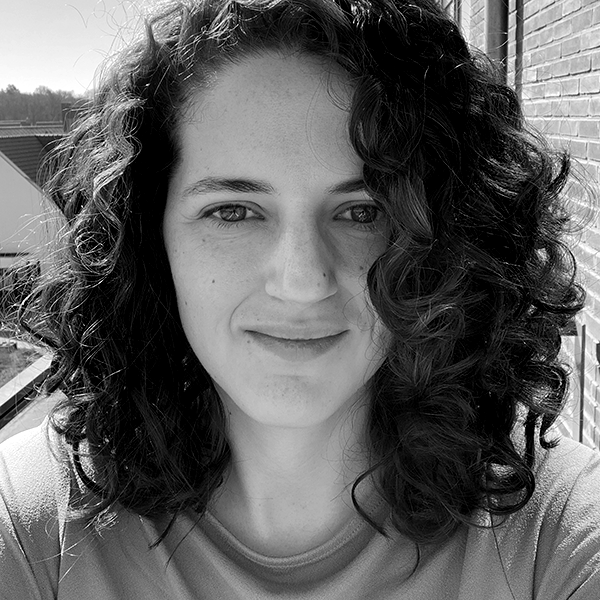
Vera Hendriks
Advisory Team
Vera Hendriks has been with us since the inception of our organisation. She has a background in both Liberal Arts & Sciences and International Development Studies. From her experience working in communications positions at several Dutch INGOs, she is well aware of the issues they are facing in trying to communicate ethical stories while being effective in fundraising. Currently, she is working as a Specialist Online Communication at the departments of Environmental Sciences, Animal Sciences and Marine Research at Wageningen University & Research, and she is still active for our organization by coordinating and contributing to the advisory reports for INGOs.
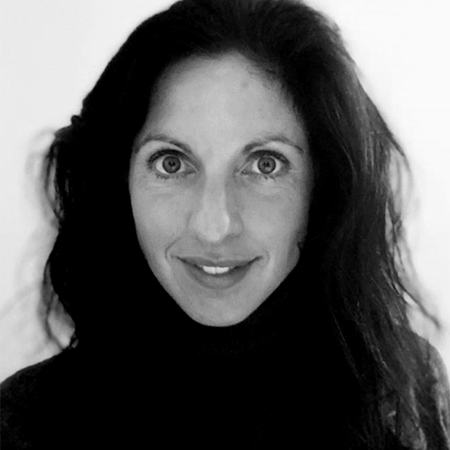
Martha Teijema
Advisory Team
Martha Teijema has a background in International Law, Nursing and Health Sciences. Martha previously worked and lived in South Africa where she researched the collaboration between healthcare and religious structures for HIV service provision. At present, she is a PhD candidate at the Vrije Universiteit Amsterdam and works for Doctors of the World Netherlands at the Right to Care Team. At Doctors of the World, she coordinates psychological care for undocumented migrants in Amsterdam, Rotterdam and The Hague. Having worked for, and with, several INGOs, Martha brings a versatile skill set to analyze and interpret different forms of communication from organizations.
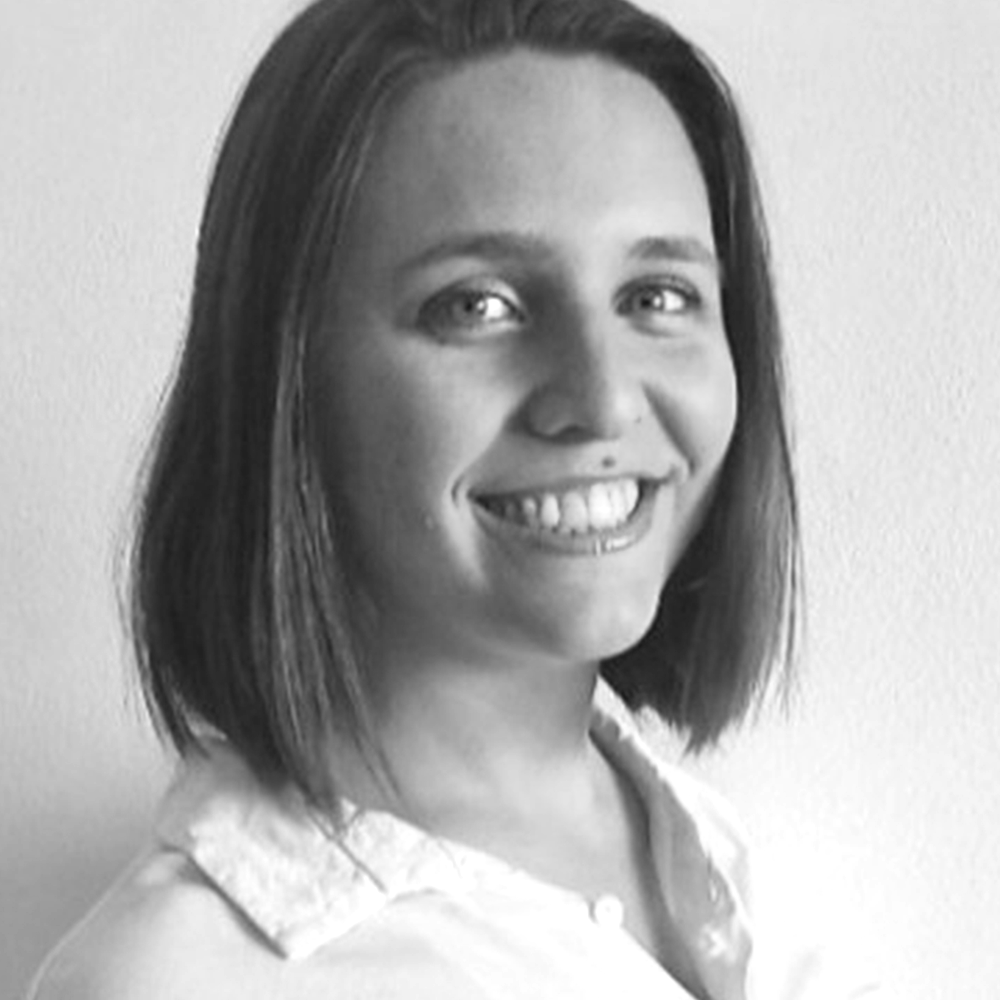
Maru Alurralde
Advisory Team
Maru Alurralde specializes in social impact communications for INGOs. She has worked in the communications teams of the UNHCR Regional Office for Southern Latin America and UNICEF in Argentina, her home country. She holds a bachelor’s degree in Communications (Austral University), a diploma in Migrants and Refugee Protection (UBA) and a master’s degree in International Development Studies (UvA). In her master’s thesis, she explored issues of white saviourism and Western ethnocentrism through research on the role of international volunteers in refugee camps in Greece. Currently, she leads the social media communications department of global NGO Generation.
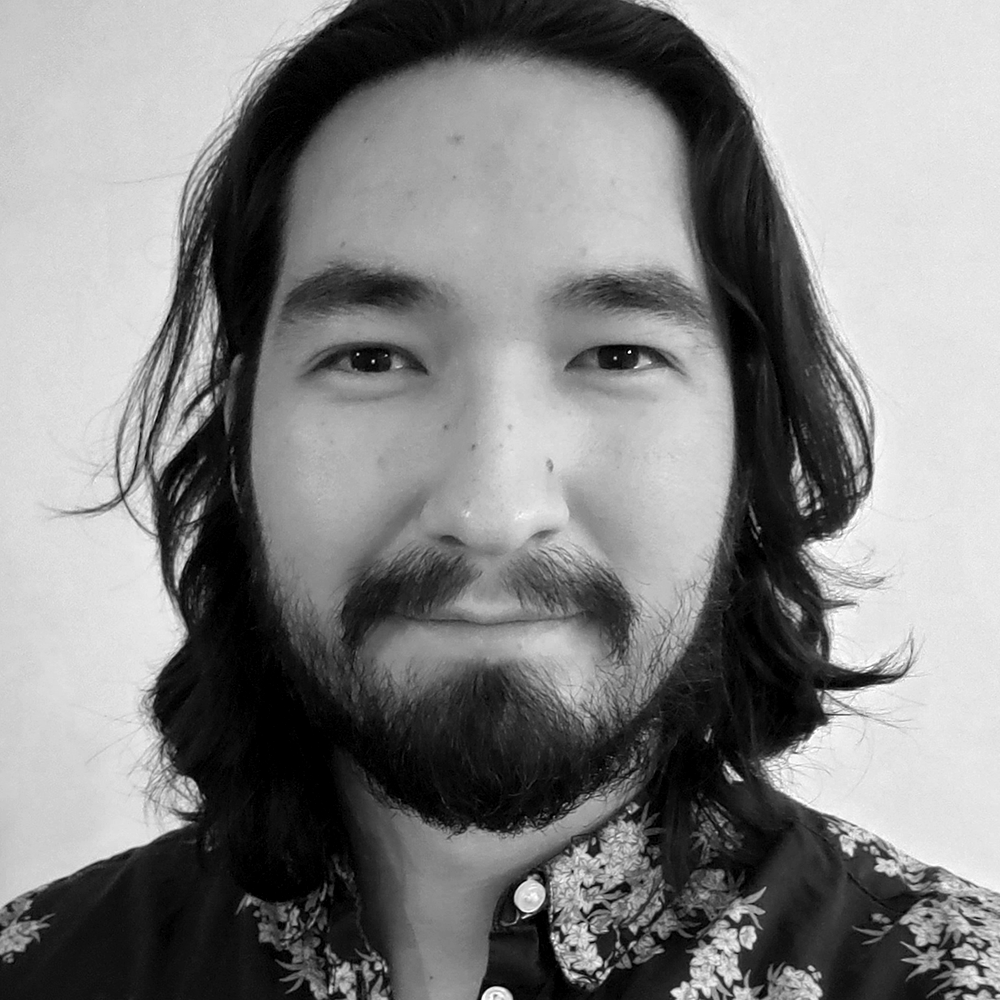
Josh McDonald
Advisory Team
With experience working and living in diverse contexts across the world, Josh McDonald’s work has focused on the intersection of sustainable development, digital media, and the non-profit sector. He holds a Bachelor’s degree in International Development from the University of Waterloo and a Master’s degree in New Media and Digital Culture from the University of Amsterdam. His thesis, which was nominated for the Humanitarian Communication Thesis Prize in 2021, focused on the representation of children within the aid sector in the Global South. After graduating in the Netherlands, McDonald moved back to Canada, where he is currently working within the charity sector as a program manager.



